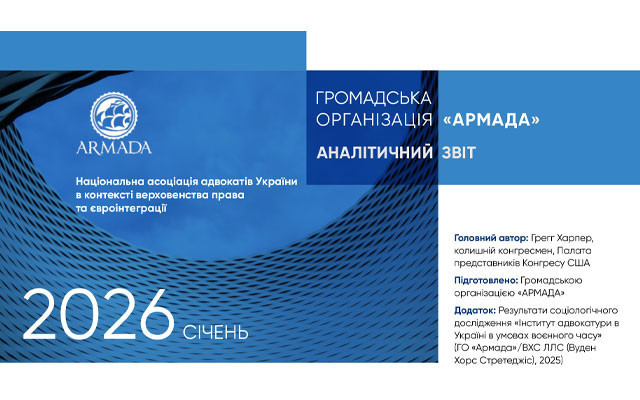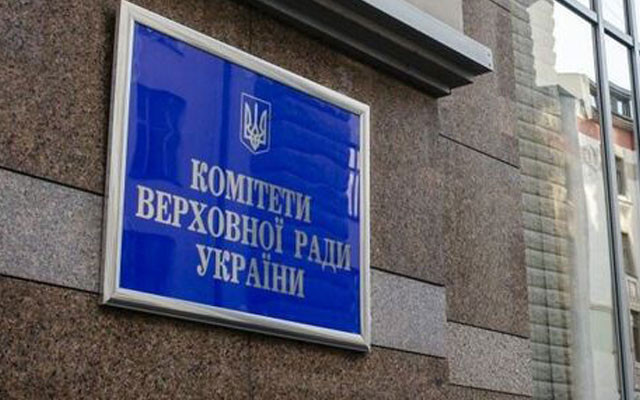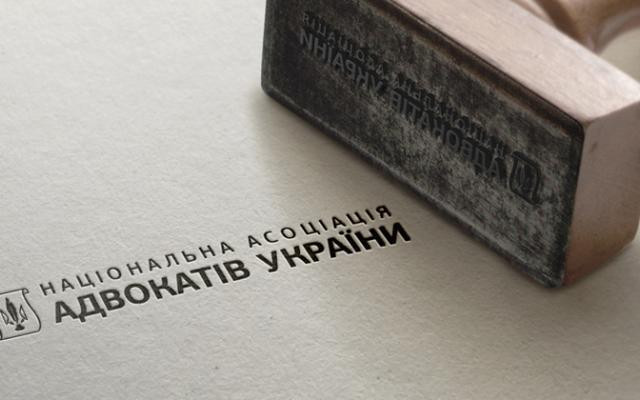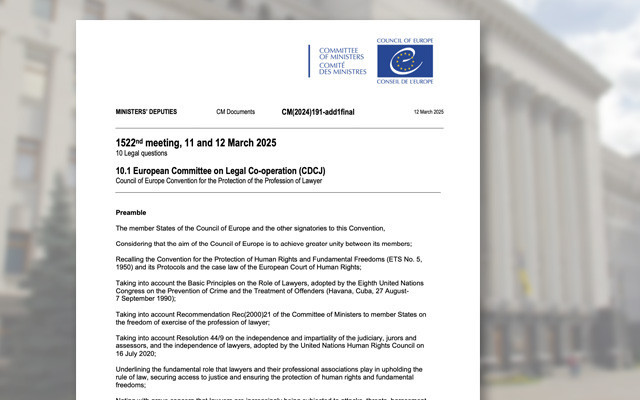The Supreme Court upheld a lawyer in digitalized reality

Guaranteeing the right to judicial protection and prohibiting its restrictions, especially in the context of digitalization and martial law, requires the court to support various ways of interacting with the parties to the process. This also applies to the methods of signing an order, which cannot be restricted.
The panel of judges of the Administrative Court of Cassation of the Supreme Court issued a decision in case No. 420/35964/23, where the court left the claim without consideration due to improper confirmation of the lawyer's powers. The decision of 12.12.2024 was published in the Unified State Register of Court Decisions.
The statement of claim on behalf of the client was filed through the Electronic Court system. It was signed by the lawyer's digital signature. The application was accompanied by an order for legal aid, which was not generated in the system, but uploaded as a pdf attachment to the application. And in this order, in the column «Lawyer» there was no personal signature.
The court referred to the provisions of Article 26 of the Law «On the Bar and Practice of Law» and clause 12 of the Regulation on the Order for Legal Aid, approved by the decision of the Bar Council of Ukraine No. 41 dated 12.04.2019, and concluded that the absence of one of the mandatory requisites in the order, namely the signature of the lawyer, indicates a procedural defect in the relevant document. In turn, the court concluded, this excludes the possibility of relying on the warrant as a document that properly certifies the lawyer's authority to represent the interests of a person in such a situation.
The Court of Appeal agreed with this position. However, the cassation court noted that the Regulation on the warrant was amended by the decision of the RAU No. 36 dated 08.06.2024. In particular, clause 9 was amended to read as follows: «A warrant issued by an attorney-at-law acting individually shall be signed by the attorney-at-law (in person or with an electronic signature) and certified by the attorney's seal (if any)».
Clause 12 of the Regulation also contains a provision according to which a warrant is considered to be signed by an advocate (head of a law firm/attorneys' office) if the column «Advocate» contains either a handwritten (physical) signature; or the warrant is certified by an electronic signature; or a document to which the warrant is an attachment is certified by an electronic signature.
According to the case file, when applying to the court, the lawyer certified both the statement of claim and the warrant attached to it with his own digital signature. At the same time, the court of first instance first opened the proceedings, but later decided to check whether the person who signed the statement of claim was authorized to do so. And according to the panel of judges of the Supreme Court, the materials available in the case at that time fully provided the court of first instance with the opportunity to identify the person who signed the statement of claim and verify his or her authority to represent.
The high judges also recalled that in similar circumstances, the Court of Cassation in its decision of 06.11. 2024 in case No. 483/346/24 emphasized that guaranteeing everyone the right to judicial protection and prohibiting restrictions on such a right, in particular in the context of intensive digitalization of society, full-scale armed aggression of the Russian Federation against Ukraine and the introduction of martial law throughout Ukraine, encourage assistance in ensuring pluralism of ways of interaction between courts and litigants, ways of signing a warrant, and not their restriction by courts.
According to the rules of clause 2, part 1, Article 240 of the Code of Administrative Procedure, the court shall dismiss the claim without consideration if the statement of claim is not signed or is signed by a person who is not authorized to sign it or by a person whose official position is not specified.
Taking into account the above, the CAC concluded that at the time the court of first instance decided to leave the claim without consideration, the court did not have any legal grounds for this for the reasons given by the court of first instance.
On these grounds, the court granted the cassation appeal, overturning the decisions of the lower courts. The case was remanded for further consideration.
Popular news

European integration
A translation of the report on advocacy presented to the European Parliament has been published
A translation of a research report on the Ukrainian advocacy profession in wartime, previously presented to the European Parliament in Brussels, has been published. The document is presented as a basis for discussion on the rule of law, Ukraine's European integration aspirations, and countering Russian disinformation in the legal sphere.

Legislation
The Verkhovna Rada Committee criticized the format of the government working group on advocacy
The implementation of the Roadmap on the rule of law (approved by Cabinet of Ministers Resolution No. 475-r of May 14, 2025) in relation to advocacy raises the practical question of who exactly should prepare legislative changes and how.

Self-government
The BCU demands a review of the composition of the government working group on reforming the advocacy profession
The President of the UNBA, BCU Lidiya Izovitova, appealed to the Cabinet of Ministers of Ukraine to review the composition of the working group on improving legislation in the field of advocacy and legal practice.

Guarantees of the practice of law
The President has determined, who will sign the Convention for the Protection of the Profession of Lawyer
President of Ukraine Volodymyr Zelenskyy authorized Ukraine's Permanent Representative to the Council of Europe Mykola Tochytskyi to sign the Council of Europe Convention for the Protection of the Profession of Lawyer.

Discussion
Why lowering the age of marriage lacks legal logic
Although until 2012 there was a provision in family law that allowed children to marry from the age of 14 under certain circumstances, its return to Ukrainian law would contradict international obligations and the logic of criminal law.

European integration
Open dialogue between the UNBA and the European Commission on the path to EU
The Ukrainian National Bar Association held a working meeting in Brussels with Mr Wolfgang Nozar, Head of Unit for Governance, Rule of Law and Financial Assistance, Directorate-General for Enlargement and Eastern Neighbourhood (DG ENEST), European Commission.

Self-government
A report on Ukrainian advocacy was presented in the European Parliament
Can a shadow report on advocacy replace the political framework of the Roadmap on the rule of law with demands for the restructuring of self-government? Where is the line between accountability and the seizure of institutions? And how can we respond to narratives with data rather than impressions?

European integration
UNBA and Ukraine's representation to the EU have synchronized their priorities
On February 5, in Brussels, the President of the UNBA, BCU Lidiya Izovitova held a working meeting with the Ambassador Extraordinary and Plenipotentiary of Ukraine, Representative of Ukraine to the European Union Vsevolod Chentsov.
Publications

Volodymyr Matsko Extradition as a systemic form of rights violations

Victoria Yakusha, Law and Business The anti-corruption vertical cannot «take care» of the Bar as an institution, - acting head of the HQDCB

Censor.net Protecting advocates – protecting justice: addressing concerns about the new law

Ihor Kolesnykov A BRIEF SUMMARY REGARDING THE APPLICATION OF THE ORDER ON EXTENDED CONFISCATION IN LATVIA REGARDING FINANCIAL ASSETS OF…

Valentyn Gvozdiy WORKING IN A WAR ZONE

Lydia Izovitova Formula of perfection

Sergiy Vylkov Our judicial system is so built that courts do not trust advocates

Iryna Vasylyk Advocacy in the proclamation of Independence of Ukraine
